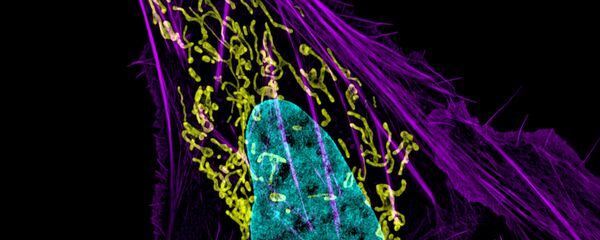Venetoclax development began in 1988 after scientists at the Walter and Eliza Hall Institute of Medical Research (WEHI) discovered that cancer cells survived for longer periods of time due to the presence of a BCL-2 protein.
"Cells, when they are born, are destined to die and cancer cells, and particularly leukaemia cells, delay that death by using a protein called BCL-2, that stops the normal time of death," Professor John Seymour, of the Peter MacCallum Cancer Centre told 7.30. "Venetoclax blocks the action of BCL-2 so that cancer cells die in a usual way."
Along with four out of five patients who showed positive results, one had a complete remission. As Robert Oblak, one of the patients with chronic lymphocytic leukaemia, said to 7.30, the drug caused no side-effects. Oblak stated that within a year his leukaemia went into remission.
Some patients had negative results, but, according to Professor Andrew Roberts, a clinical haematologist and WEHI's head of clinical translation, Venetoclax saw positive responses in almost 80 percent of the 116 participants.
Manufacturer AbbVie has applied to the Therapeutic Goods Administration for approval to use Venetoclax more widely.
Meanwhile, patients on the trial continue to be treated. Researchers are looking for possible advances in areas of rarer cancers, as mesothelioma, pancreatic, liver and brain cancers have not shown the same level of improvement after using the drug.


